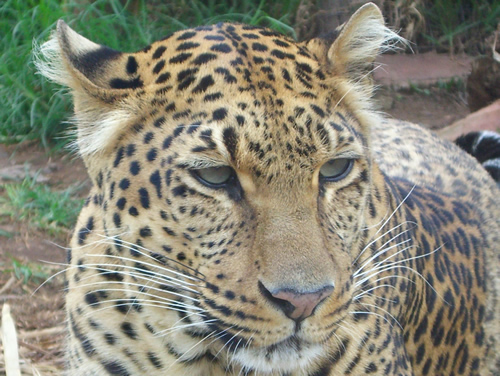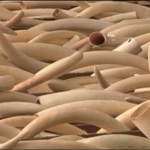
A study conducted by the wildlife trade monitoring network TRAFFIC has revealed that an alarming number of leopards are victims of illegal trade in skins and body parts.
Researchers used statistical analysis to arrive at the figure of an “estimated 4.4 leopards” killed per week, compiled from 420 seizures of leopard parts in 209 localities for the period 2001 — 2010.
Northern India was found to be a “hotspot” for illegal trade in leopard parts, with Delhi identified as “the most important hub”, followed by Uttar Pradesh, Uttarakhand, and Himachal Pradesh. Seizures in Delhi accounted for 26.4 percent of the total number of leopards claimed by illegal trade. Karnataka is implicated in the south, where leopard trade is increasing.
While the overwhelming majority of seizures were comprised entirely of leopard skins, some of the incidents involved other body parts, such as claws and bones.
In traditional Chinese medicine, Leopard body parts are sometimes prescribed as substitutes for Tiger body parts and this persistent belief in traditions, whether medicinal or folkbased, that Leopard or other felid bones bring health or vigour to potential consumers, may further increase pressure on the Leopard.
Although leopard deaths caused by conflict with humans were not included in this report, it is “acknowledged that Leopards killed in conflict may end up in illegal trade” and “its linkages to illegal trade need to be studied in greater detail.” It is noteworthy that “human-leopard conflict hotspots” were also identified as “major sources for leopard parts.”
The year following the study period was also deadly for India’s leopards: In 2011, at least 186 leopards were killed for the illegal trade and 41 leopards were killed due to “conflicts” with humans.
Source: Raza, R.H.; Chauhan, D.S; Pasha, M.K.S & Sinha, S. (2012). Illuminating the blind spot: A study on illegal trade in Leopard parts in India (2001-2010). TRAFFIC India/WWF India. New Delhi, India.
Image: Public Domain via Wikimedia Commons


![India: 356 Leopards Dead in 365 Days [Graphic Video]](https://annamiticus.com/wp-content/uploads/2012/06/LeopardCloseup-150x150.jpg)

